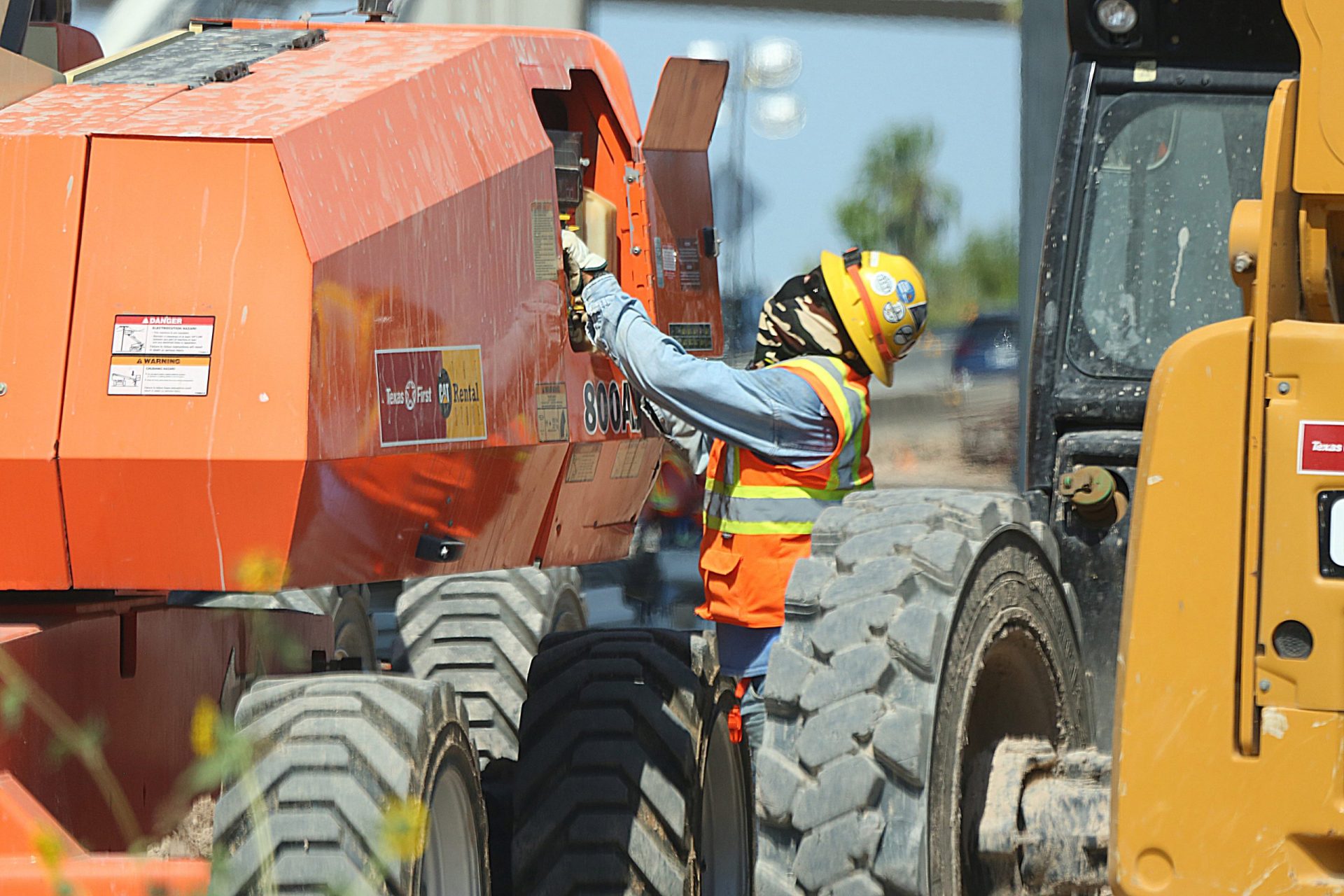|
Only have a minute? Listen instead
Getting your Trinity Audio player ready...
|

Some people might think that Texas is beginning to look more like scenes from old movies about people toiling under brutal conditions in the Old South, and might wonder if we’ll start seeing prison chain gangs along our highways anytime soon.
It’s hard to know what — or who — convinced state lawmakers to decide that they needed to enact a law prohibiting mandatory worksite water breaks, or breaks of any kind, especially during what could be the hottest year ever recorded in our state. But enough of them were motivated to pass, and Gov. Greg Abbott to sign, a state law that rescinds local governments’ authority to mandate such breaks.
In a just world, we shouldn’t see much change after the enactment of House bill 2127, which prohibits local break requirements. Sensible employers should recognize that workers suffering infirmities due to extreme heat, or overwork, are less productive — not to mention the fact that every case of heat-related illness — or even death — is a lawsuit waiting to happen.
Some people might think there is a federal law that would supersede the state action, which takes effect Sept. 1. In reality, no federal law mandates breaks for employees. Several states, however, have enacted their own requirements and in Texas, many cities and some counties have imposed them. Breaks also normally are part of collective bargaining agreements for the workers they cover.
State officials, who generally are wealthy and are accustomed to comfy, air-conditioned lives, might not recognize the lethal effects of heat, especially the oppressive conditions all of Texas, and much of the country, currently is enduring. Heat can kill, and workers need to be kept hydrated and protected from extreme conditions.
At work sites, heat-related illnesses don’t put only the affected workers at risk. A person driving a vehicle or operating machinery could endanger others if the dizziness or disorientation associated with extreme heat strikes.
Moreover, ambient temperatures aren’t adequate signs of tolerable conditions. Uncooled equipment or heat reflected from pavement or rooftops can make a worksite intolerable.
Knowledgeable employers and on-site managers should know such things already, and also know that employee performance, and the quality of their work, suffers when they must deal with health issues — including those that are created by their work environment and could have been prevented.
They also surely know that companies that don’t take care of their employees aren’t likely to hold on to them for very long. Workers who feel the conditions at one job are intolerable can simply look for a better job elsewhere.
Humane treatment of our workers should be understood and accepted; this is why it’s surprising, if not alarming, that the thought of eliminating break requirements even popped into somebody’s mind. But it did, and enough state lawmakers were convinced it was necessary to pass the legislation.
Removal of the mandate shouldn’t remove employers’ respect for their employees, and we should expect that any current policies regarding breaks and other working conditions will remain in place — not because of any law, but because it’s the right thing to do.



